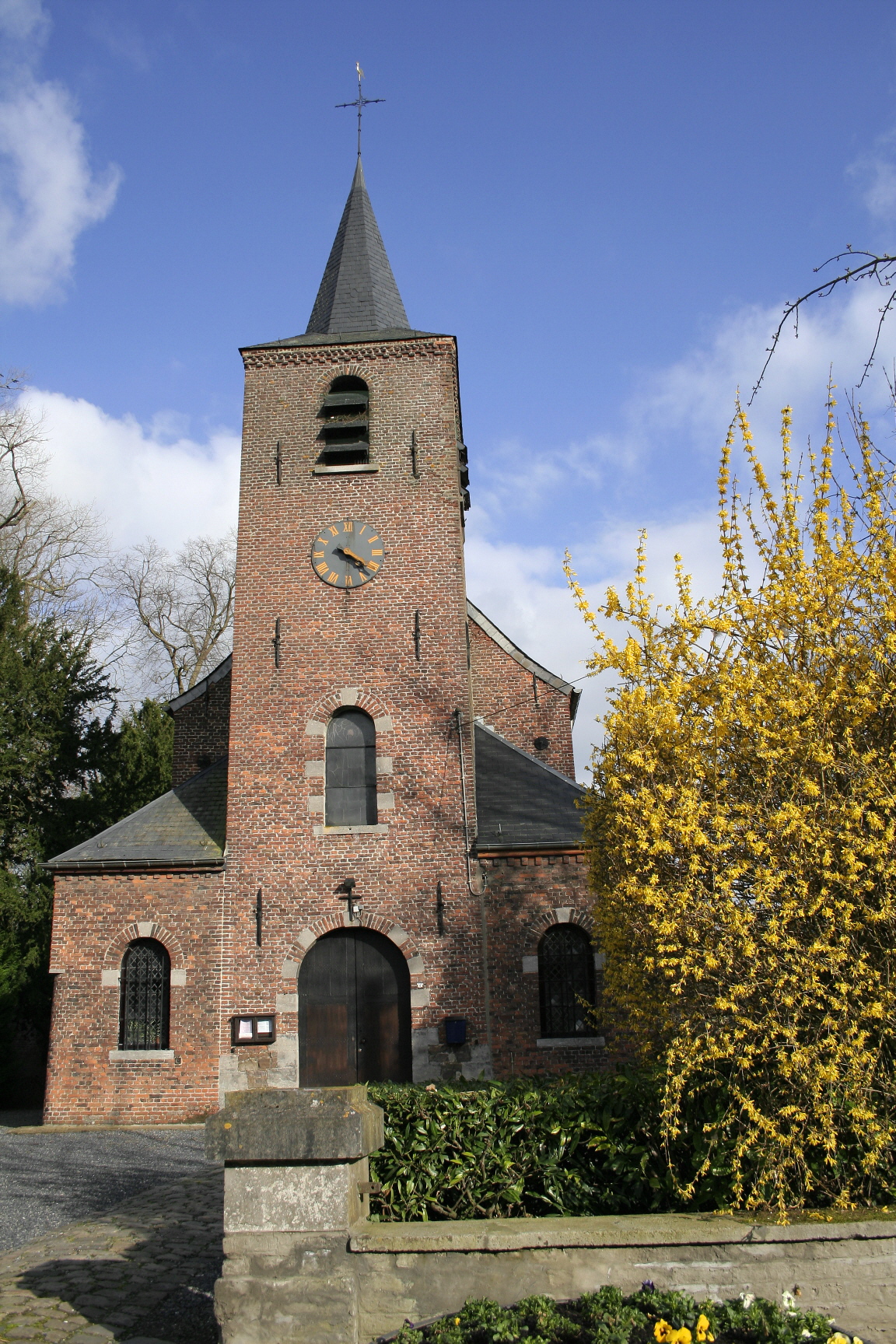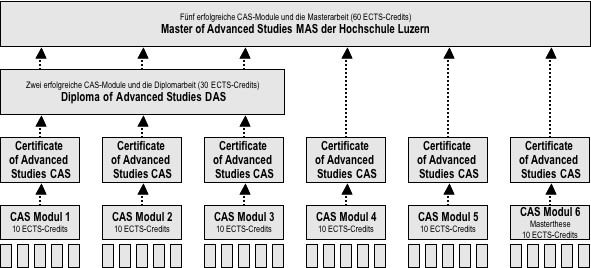|
Mémoire
In French culture, the word ''mémoire'', as in un mémoire ("a memory" – indefinite article), reflects the writer's own experiences and memories. The word has no direct English translation. Up to the 18th century The word appeared in the course of the 12th century. In this era, it simply meant an explanatory text written to show an idea. Little by little, and above all in the modern era, the term became synonymous with an argumentative piece of writing, serving and asserting an idea. Vauban also wrote mémoires to Louis XIV on fortifications, such as ''Mémoire pour servir d'instruction dans la conduite des sièges et dans la défense des places, par M. le maréchal de Vauban, présenté au Roi en 1704'', and the religious quarrels of the time also produced several mémoires. Evolution in the 19th century In the course of the 19th century, ''mémoire'' took on a sense that approaches the sense it holds today. It lost its polemical character and became a scientific text (or o ... [...More Info...] [...Related Items...] OR: [Wikipedia] [Google] [Baidu] |
Jansenism
Jansenism was an early modern theological movement within Catholicism, primarily active in the Kingdom of France, that emphasized original sin, human depravity, the necessity of divine grace, and predestination. It was declared a heresy by the Catholic Church. The movement originated in the posthumously published work of the Dutch theologian Cornelius Jansen, who died in 1638. It was first popularized by Jansen's friend, Abbot Jean du Vergier de Hauranne of Saint-Cyran-en-Brenne Abbey, and after du Vergier's death in 1643, the movement was led by Antoine Arnauld. Through the 17th and into the 18th centuries, Jansenism was a distinct movement away from the Catholic Church. The theological center of the movement was Port-Royal-des-Champs Abbey, which was a haven for writers including du Vergier, Arnauld, Pierre Nicole, Blaise Pascal, and Jean Racine. Jansenism was opposed by many within the Catholic hierarchy, especially the Jesuits. Although the Jansenists identified themse ... [...More Info...] [...Related Items...] OR: [Wikipedia] [Google] [Baidu] |
Nouvelles Ecclésiastiques
Nouvelles ( wa, Novele) is a town of Wallonia and a district of the municipality of Mons, located in the province of Hainaut, Belgium. It was a municipality until the fusion of the Belgian municipalities The fusion of the Belgian municipalities (French: ''fusion des communes'', Dutch: ''fusie van Belgische gemeenten'') was a Belgian political process that rationalized and reduced the number of municipalities in Belgium between 1975 and 1983. In 19 ... in 1977. Sub-municipalities of Mons Former municipalities of Hainaut (province) {{Hainaut-geo-stub ... [...More Info...] [...Related Items...] OR: [Wikipedia] [Google] [Baidu] |
Unigenitus
''Unigenitus'' (named for its Latin opening words ''Unigenitus dei filius'', or "Only-begotten son of God") is an apostolic constitution in the form of a papal bull promulgated by Pope Clement XI in 1713. It opened the final phase of the Jansenist controversy in France. ''Unigenitus'' condemned 101 propositions of Pasquier Quesnel as: Background In 1671 Pasquier Quesnel had published a book entitled ''Abrégé de la morale de l'Evangile'' ("Morality of the Gospel, Abridged"). It contained the four Gospels in French, with short explanatory notes, serving as aids for meditation. The work was approved by the bishop of Châlons-sur-Marne. Enlarged editions followed, containing an annotated French text of the complete New Testament, in 1678 and 1693–1694. This last edition was highly recommended by the new bishop of Châlons, Louis Antoine de Noailles. While the first edition of the work contained only a few Jansenist points, its tendency became more apparent in the second edition ... [...More Info...] [...Related Items...] OR: [Wikipedia] [Google] [Baidu] |
Polemic
Polemic () is contentious rhetoric intended to support a specific position by forthright claims and to undermine the opposing position. The practice of such argumentation is called ''polemics'', which are seen in arguments on controversial topics. A person who writes polemics, or speaks polemically, is called a ''polemicist''. The word derives , . Polemics often concern questions in religion or politics. A polemical style of writing was common in Ancient Greece, as in the writings of the historian Polybius. Polemic again became common in medieval and early modern times. Since then, famous polemicists have included satirist Jonathan Swift; Italian physicist and mathematician Galileo; French Enlightenment writer, historian, and philosopher Voltaire; Christian anarchist Leo Tolstoy; socialist philosophers Karl Marx and Friedrich Engels; novelist George Orwell; playwright George Bernard Shaw; communist revolutionary Vladimir Lenin; psycholinguist Noam Chomsky; social critics Christ ... [...More Info...] [...Related Items...] OR: [Wikipedia] [Google] [Baidu] |
Thesis
A thesis ( : theses), or dissertation (abbreviated diss.), is a document submitted in support of candidature for an academic degree or professional qualification presenting the author's research and findings.International Standard ISO 7144: Documentation�Presentation of theses and similar documents International Organization for Standardization, Geneva, 1986. In some contexts, the word "thesis" or a cognate is used for part of a bachelor's or master's course, while "dissertation" is normally applied to a doctorate. This is the typical arrangement in American English. In other contexts, such as within most institutions of the United Kingdom and Republic of Ireland, the reverse is true. The term graduate thesis is sometimes used to refer to both master's theses and doctoral dissertations. The required complexity or quality of research of a thesis or dissertation can vary by country, university, or program, and the required minimum study period may thus vary significantly in d ... [...More Info...] [...Related Items...] OR: [Wikipedia] [Google] [Baidu] |
Master's Degree
A master's degree (from Latin ) is an academic degree awarded by universities or colleges upon completion of a course of study demonstrating mastery or a high-order overview of a specific field of study or area of professional practice. A master's degree normally requires previous study at the bachelor's degree, bachelor's level, either as a separate degree or as part of an integrated course. Within the area studied, master's graduates are expected to possess advanced knowledge of a specialized body of and applied topics; high order skills in |
Master's Degree In Europe
The Bologna process for standardisation of European higher education specified an undergraduate degree of at least three years called the "licence" or bachelor's degree, followed by a two-year diploma called the master's degree, then a doctorate, meant to be obtained in at least three years. Because of these indicated schedules, the reform is sometimes (erroneously) referred to as "3-5-8". The system applies to the European Higher Education Area. European Master's Market Through the Bologna initiatives and support of the European Union, Europe is unifying and standardising especially the structure of their masters' programmes, making them more and more accessible to foreign students. An often cited advantage of the European universities is an advantageous cost/quality ratio. In Europe, especially continental Europe, universities are heavily subsidized by their national governments. In Germany, Scandinavia or Eastern Europe for instance, most masters programmes have been tradit ... [...More Info...] [...Related Items...] OR: [Wikipedia] [Google] [Baidu] |
DEA (former French Degree)
A Master of Advanced Studies or Master of Advanced Study (MAS, M.A.S., or MASt) is a postgraduate degree awarded in various countries. Master of Advanced Studies programs may be non-consecutive programs tailored for "specific groups of working professionals with well-defined needs for advanced degree work" or advanced research degrees. With the exception of the several schools in the UK, advanced studies programs tend to be interdisciplinary and tend to be focused toward meeting the needs of professionals rather than academics. The Master of Advanced Studies is also often referred as Executive Master because it is aimed at working profesionals (see the LSE in the UK programs for example or INSEAD and HEC programs in France) United Kingdom The University of Cambridge began offering the Master of Advanced Study in 2010 as a one-year master's degree in Mathematics as a replacement for the " Part III exam in Mathematics". Cambridge currently offers Master of Advanced Study degre ... [...More Info...] [...Related Items...] OR: [Wikipedia] [Google] [Baidu] |
Non-fiction Genres
Nonfiction, or non-fiction, is any document or media content that attempts, in good faith, to provide information (and sometimes opinions) grounded only in facts and real life, rather than in imagination. Nonfiction is often associated with being presented more objectively, like historical, scientific, or otherwise straightforward and accurate information, but sometimes, can be presented more subjectively, like sincerely held beliefs and thoughts on a real-world topic. One prominent usage of nonfiction is as one of the two fundamental divisions of narrative (storytelling)—often, specifically, prose writing—in contrast to narrative fiction, which is largely populated by imaginary characters and events, though sometimes ambiguous regarding its basis in reality. Some typical examples of nonfiction include diaries, biographies, news stories, documentary films, textbooks, travel books, recipes, and scientific journals. While specific claims in a nonfiction work may pro ... [...More Info...] [...Related Items...] OR: [Wikipedia] [Google] [Baidu] |
French Non-fiction Literature
French (french: français(e), link=no) may refer to: * Something of, from, or related to France ** French language, which originated in France, and its various dialects and accents ** French people, a nation and ethnic group identified with France ** French cuisine, cooking traditions and practices Fortnite French places Arts and media * The French (band), a British rock band * "French" (episode), a live-action episode of ''The Super Mario Bros. Super Show!'' * ''Française'' (film), 2008 * French Stewart (born 1964), American actor Other uses * French (surname), a surname (including a list of people with the name) * French (tunic), a particular type of military jacket or tunic used in the Russian Empire and Soviet Union * French's, an American brand of mustard condiment * French catheter scale, a unit of measurement of diameter * French Defence, a chess opening * French kiss, a type of kiss involving the tongue See also * France (other) * Franch, a surname * Frenc ... [...More Info...] [...Related Items...] OR: [Wikipedia] [Google] [Baidu] |
.png)


